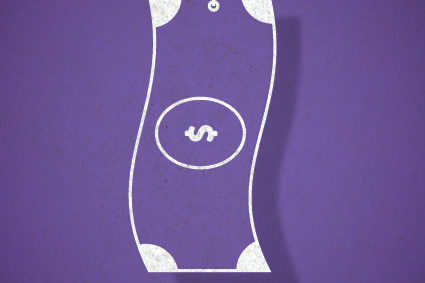Imagine getting an allowance when you were a young kid. Maybe you’d get a dollar or two every week — you’d hide it away to save up for something big, or you’d feverishly rush to the store and spend it all at once and quickly fall into sugar shock from your candy purchases.
Now imagine getting an allowance as an adult. This time not from your parents, but from your partner. This allowance comes not with excitement and joy, but with feelings of confinement, frustration and maybe resentment. Maybe this is enough to buy necessities, but it might not be — and your partner always checks the receipts.
Money can be a stressful factor in any relationship. When there are intermingling finances, bills to be paid and considerations to be made about saving for the future, money can become a source of conflict. In a healthy relationship, each partner feels like they have a say in decision-making, even when it comes to money.
In a relationship where some form of abuse is present — whether physical or emotional — it is not uncommon that an abusive partner extends their power and control into the area of finances. This is known as economic or financial abuse and it can be very difficult to recognize. It can be something as seemingly innocent as an abuser telling their partner what they can and cannot buy, or something as major as an abuser restricting a partner’s access to bank accounts.
This abuse can take different forms, including:
- Giving an allowance and closely watching how their partner spends it or demanding receipts for purchases
- Placing the partner’s paycheck in their bank account and denying them access to it
- Preventing their partner from viewing or having access to bank accounts
- Forbidding their partner to work or limiting the hours that they can work
- Maxing out credit cards in their partner’s name without permission or not paying the bills on credit cards, which could ruin their significant other’s credit score
- Stealing money from their partner or their partner’s family and friends
- Using funds from children’s savings accounts without their partner’s permission
- Refusing to give their partner money, food, clothing, gas or medicine
- Living in their partner’s home but refusing to work or contribute to the household
- Making their partner give them their tax returns or confiscating joint tax returns
When an abusive partner is in control of the finances, planning for an independent future without them can feel difficult. Thankfully, there are many organizations that aid survivors of domestic violence and financial abuse. These groups can help create plans that will support a victim who is attempting to leave and can also help them become economically stable and self-sufficient after leaving.
Source:



